
BACK TO TOP
8 times India took the spotlight on the theatre stage
Ahead of the premiere of Feroz Abbas Khan’s ‘The Great India Musical: Civilization to Nation’, here’s a roundup of global productions that managed to capture the sweeping landscape of Indian storytellingBy Arman Khan | Invalid date
A look at the history of Indian theatre and storytelling makes it evident that it has often gone beyond the apparent. Recently, the wide-ranging appeal of Rishabh Shetty’s Kannada film Kantara brought a renewed focus on the Bhoota Kola tradition of coastal Karnataka—how it is crucial to saving our forests and the way it gives hope to indigenous communities, a powerful guard rail against the forces that threaten its stability. Kalidasa, perhaps India’s most influential poet and dramatist, employed innumerable tools that Indian aesthetics afforded to highlight a wide array of topics, from seasonal depression to the suppression of individual rights.
The landscape of Indian storytelling, epics and theatrical traditions naturally lends itself to a staggeringly wide range. Here, we look back on seven theatre productions that mounted Indian storytelling or subjects to a grand scale.
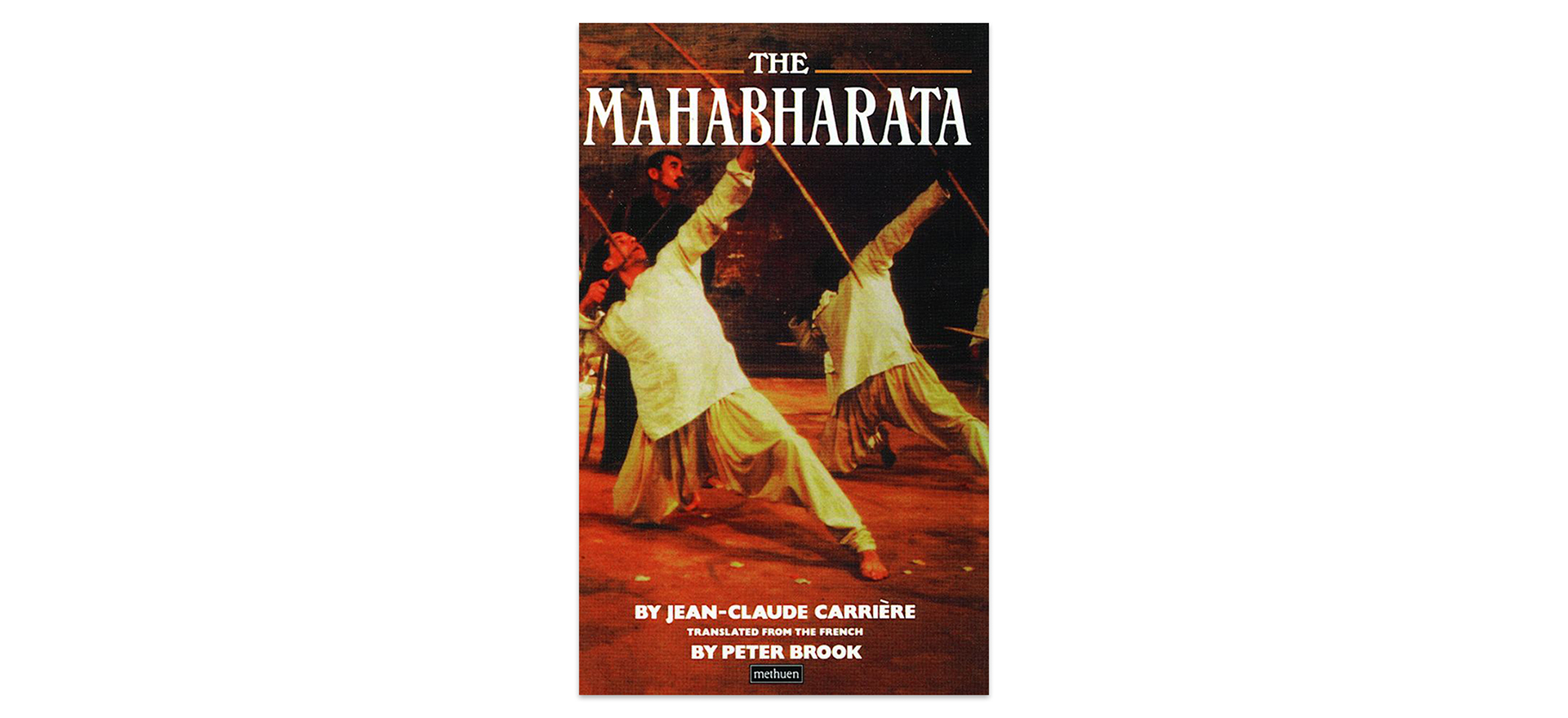
1. ‘The Mahabharata’ by Peter Brook
Originally performed at the 39th Avignon Festival, on July 7, 1985, at Carrière de Boulbon in France, this play was spread over nine hours and toured globally for nearly half a decade. It is based on the Sanskrit epic that portrays how the rivalry between the Kaurava and the Pandava clans stretched into a full-blown war—challenging the very notions of duty, ethics and the relevance of morals. While The New York Times praised the play for making this grand, mythological story accessible to the world, Indian critics weren’t too happy. Gautam Dasgupta, a popular playwright, viewed the play as pandering to the white gaze and resorting to orientalism, being surface level and never really engaging with the philosophical debates at the heart of the Mahabharata.
However, another section of Indian academics acknowledged that it showed how Brook and his team worked on the scripting of this play for nearly a decade, getting many nuances right and not falling for gimmicks and clichés. The play was praised for widening the circle of Mahabharta beyond the Indian-ness of it all. While Mallika Sarabhai famously played Draupadi, actors of African lineage played the roles of Bheem (Mamadou Dioumé), Bhishma (Sotigui Kouyaté), Karna (Jeffrey Kissoon) and Kunti (Miriam Goldschmidt).
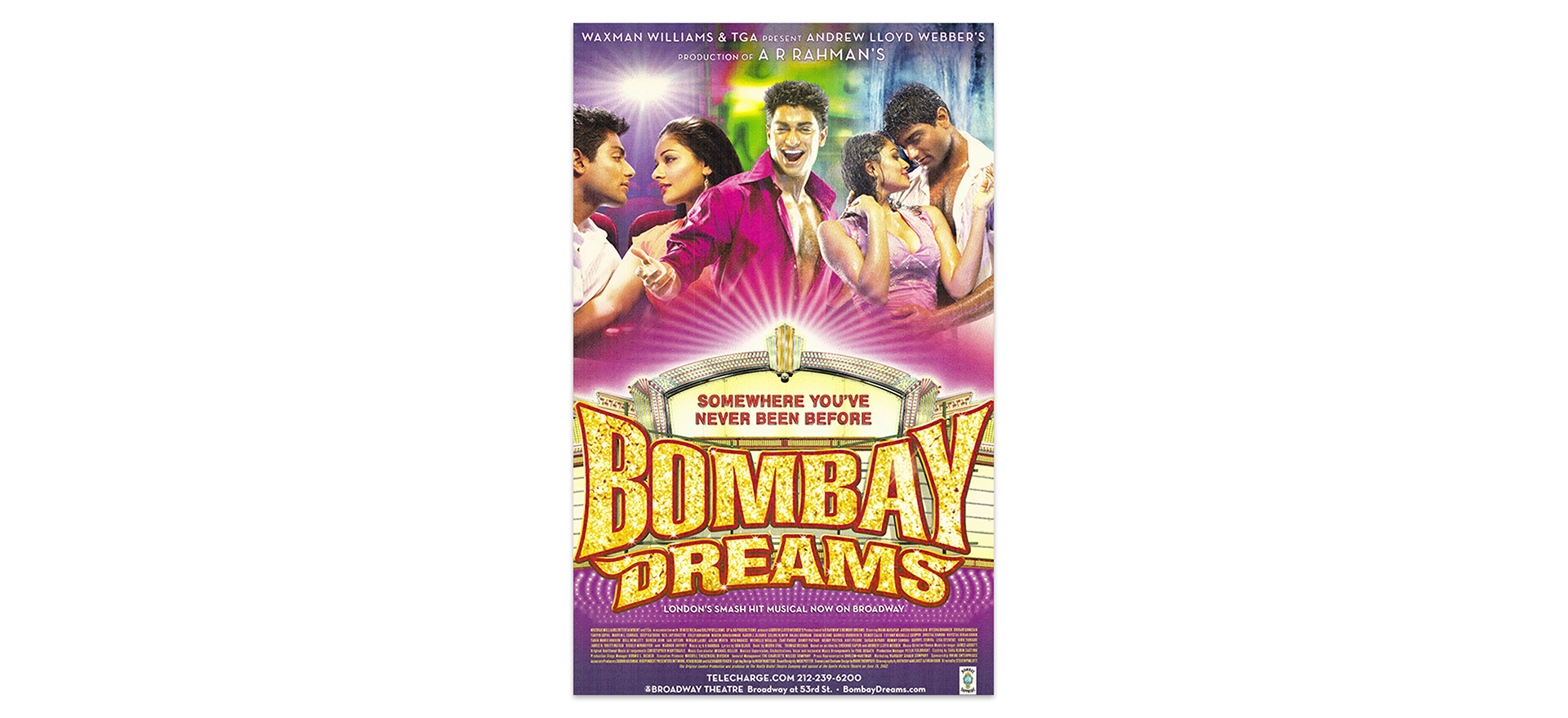
2. ‘Bombay Dreams’ by Andrew Lloyd Weber
This Bollywood-themed musical, with a stirring composition by AR Rahman, debuted in 2002 in London and played for two years at the Apollo Victoria Theatre. While the central story focuses on the Bollywood dreams of a boy from an underprivileged background, the play consciously engages with the shifting identity of the city—what was lost in its transition from Bombay to Mumbai. Metro famously described the play as one that made Bollywood in the West End seem like a destiny.
While films and books that attempt to capture the mood of Bombay can often veer into excessive romanticisation of the city and what it promises, Bombay Dreams steered away from over-sentimentalism.
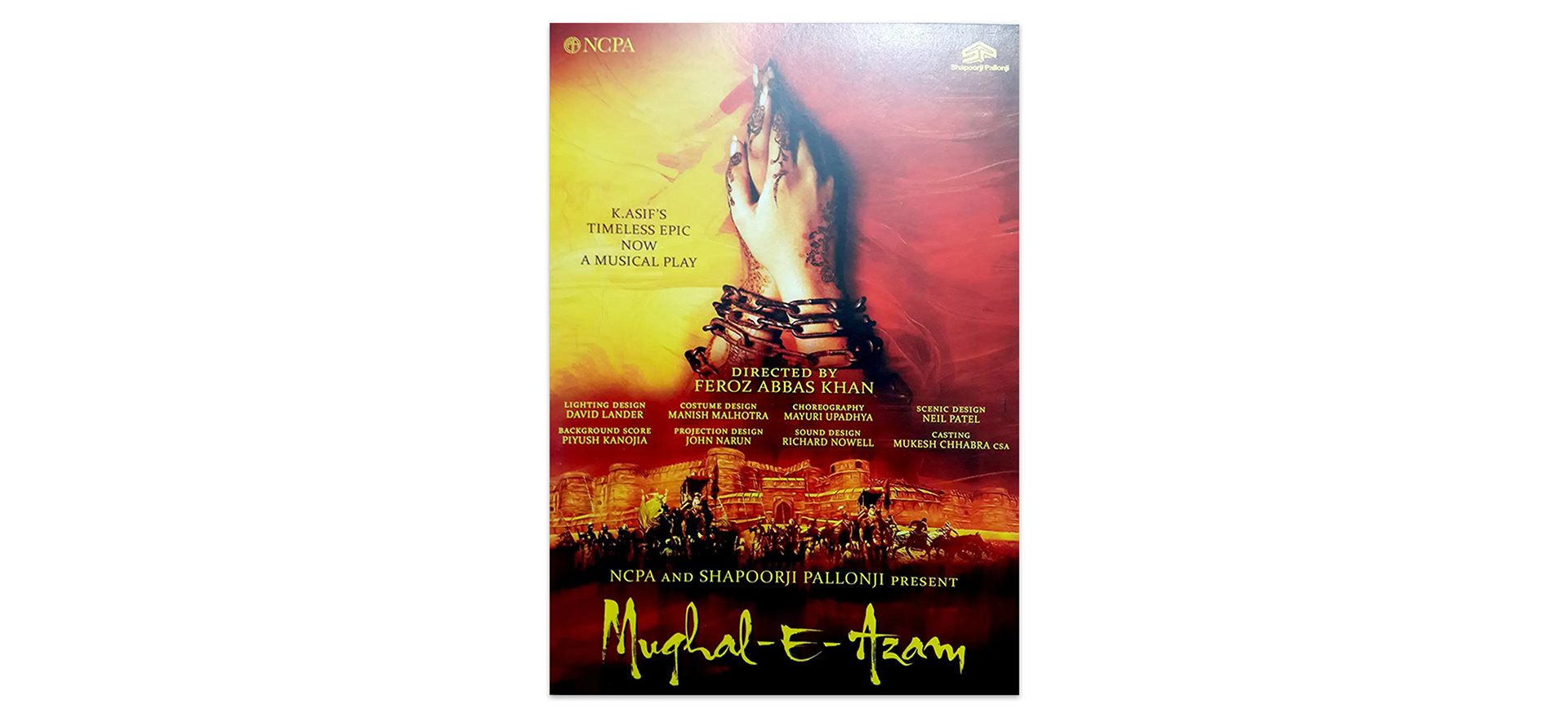
3. ‘Mughal-e-Azam’ by Feroz Abbas Khan
Based on the 1960 film of the same name, this musical was directed by Abbas Khan and produced by the Shapoorji Pallonji Group. At the heart of it is the popular, part-fictitious story of the “scandalous” love story between Mughal emperor Akbar’s son, Salim, and a courtesan, Anarkali.
In production for over ten months and released in 2016 (it recently marked its sixth year and 18th season when the show returned to the stage last October), it famously featured costumes by designer Manish Malhotra, had Emmy award-winning John Narun leading the production design, and David Lunder—the man behind some of Madonna’s iconic concerts—on lights.
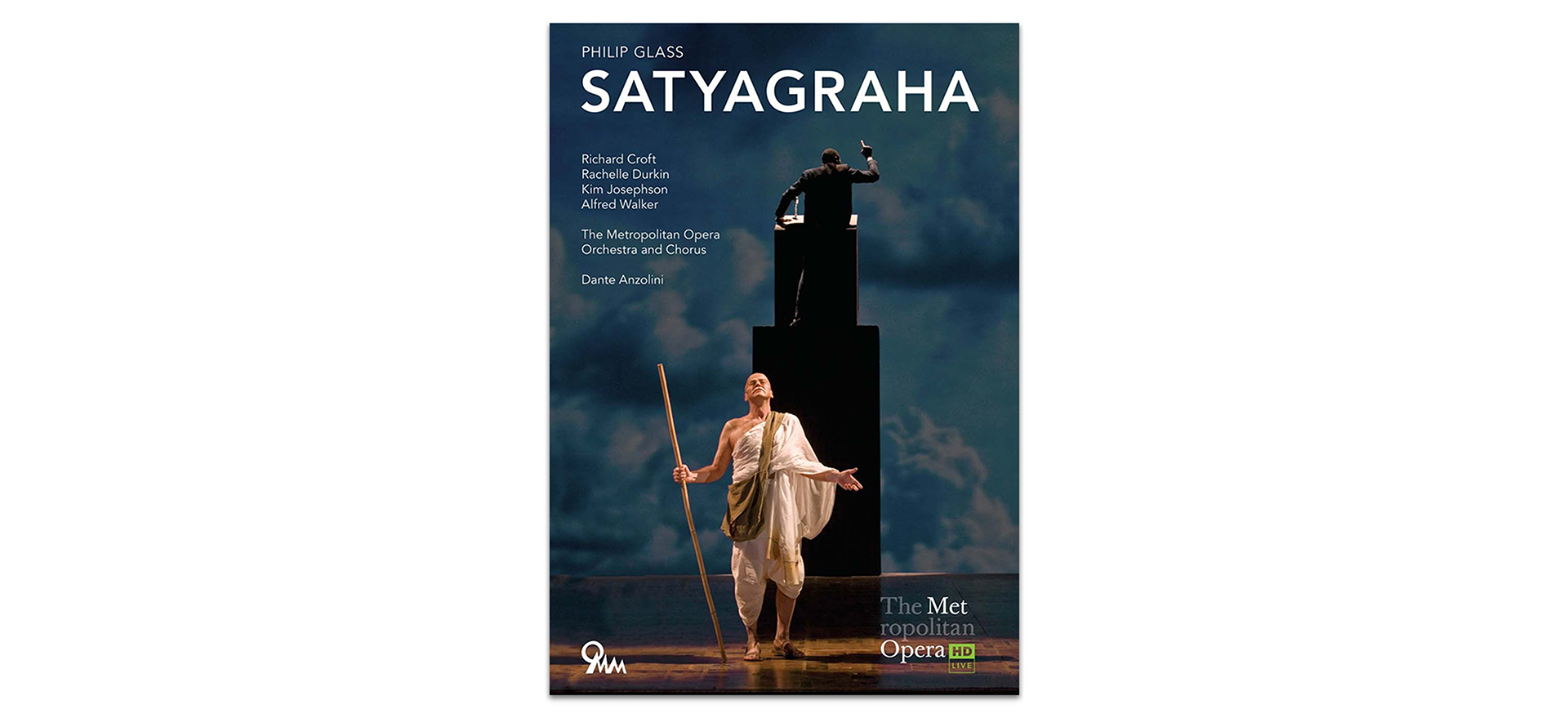
4. ‘Satyagraha’ by Philip Glass and Constance DeJong
This 1979 opera in three acts was composed by Philip Glass with a libretto by Glass and Constance DeJong. Commissioned by the city of Rotterdam, the opera is partially based on the life of Mahatma Gandhi, with the Sanskrit text directly derived from the Bhagavad Gita. To add a more global, expansive sweep to the opera, each of the three acts had a popular historical figure, in some ways connected to the Mahatma, observing the play—the Indian poet and Nobel laureate in literature Rabindranath Tagore in Act I; Russian author Leo Tolstoy in Act II; American Civil Rights leader Martin Luther King Jr in Act III.
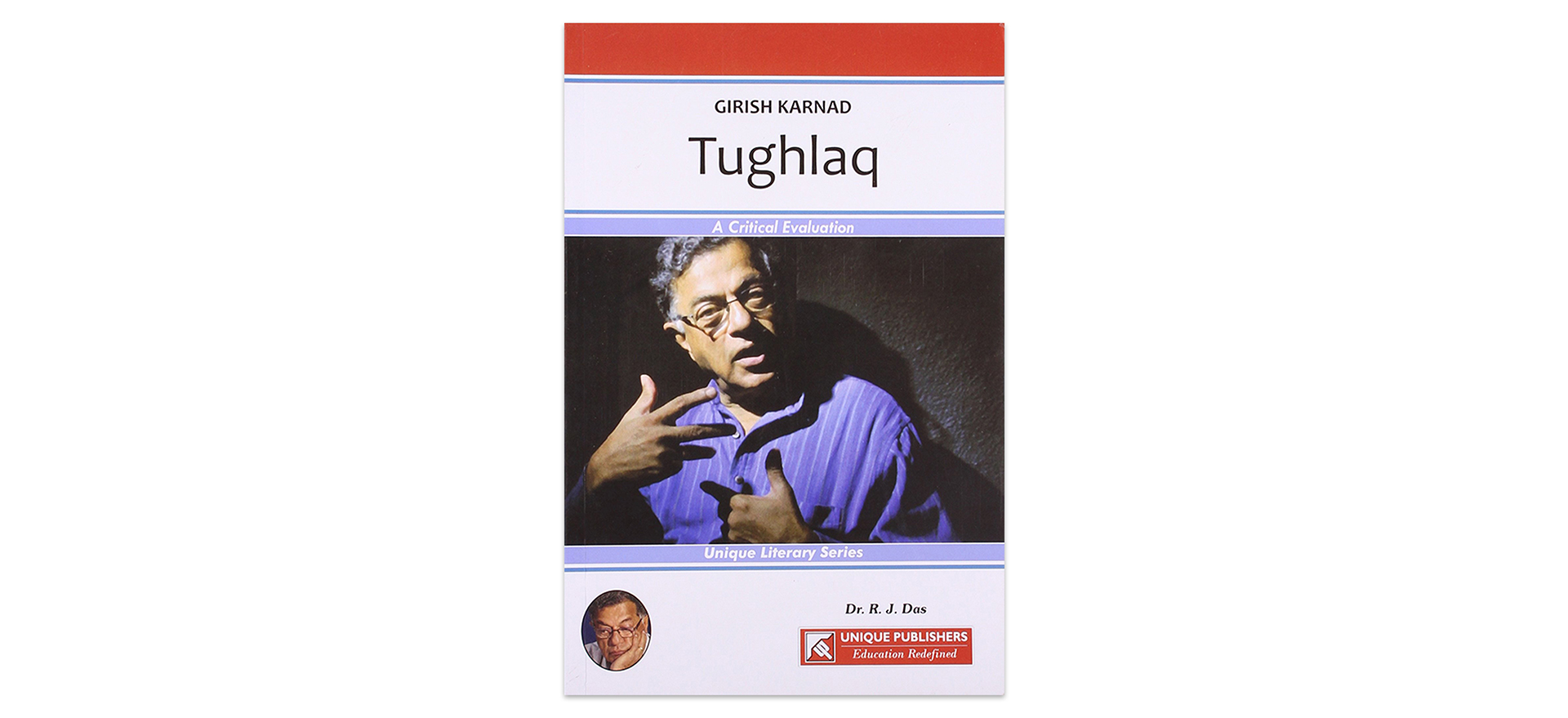
5. ‘Tughlaq’ by Girish Karnad
This 13-act play by Girish Karnad in 1964 was instrumental in giving voice to the angst of the Nehruvian era. It reversed the gaze and portrayed the autocrat Tughlaq as a benevolent ruler who wants to unify Hindus and Muslims. However, the chasm between lofty idealism without a solid sense of foresight leads to things going completely awry. For its time, this was a legendary play, both in its scale and the themes it espoused.
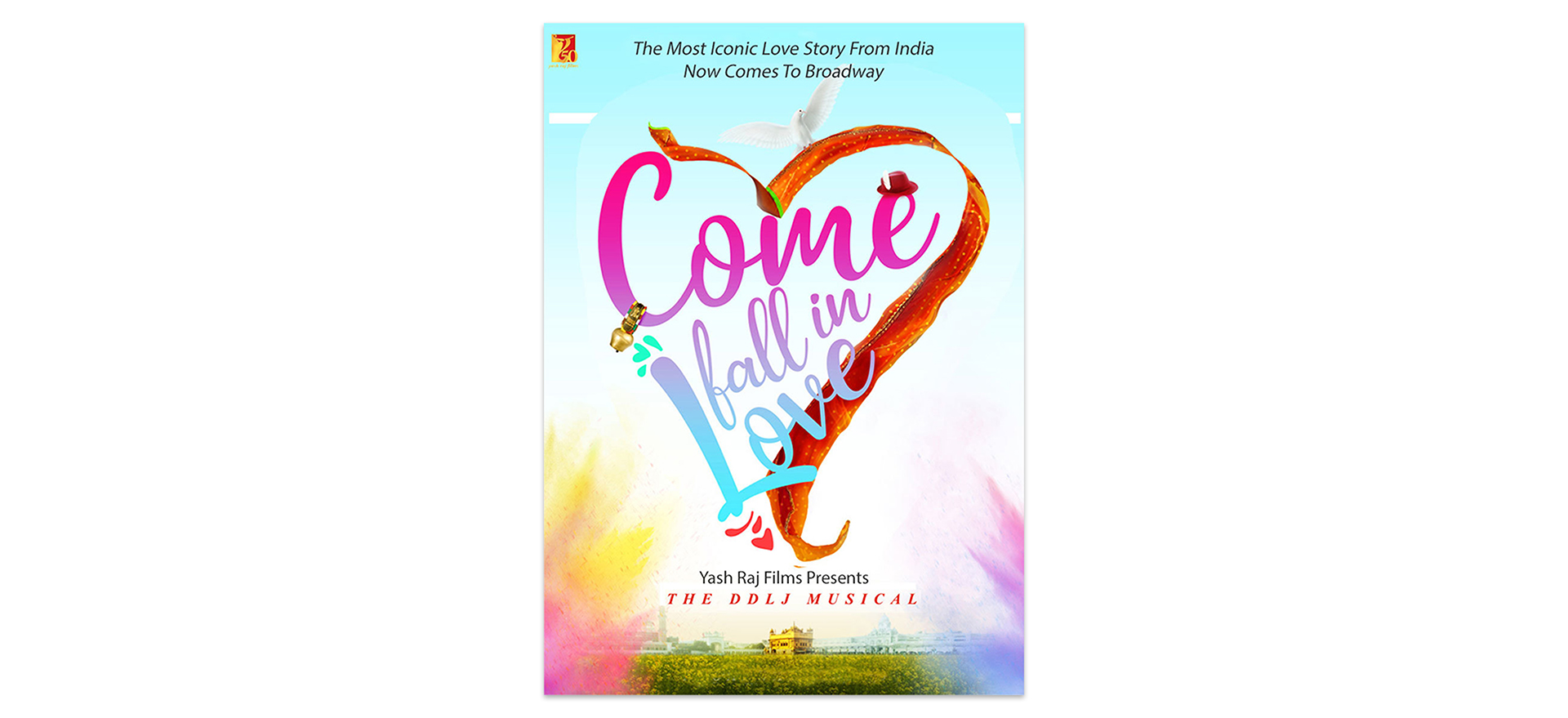
6. ‘Come Fall in Love – The DDLJ Musical’ by YRF
Based on the Shah Rukh Khan and Kajol starrer that left an indelible mark on the Indian landscape, ‘Come Fall in Love’ was in previews in September 2022 at the Old Globe, followed by a Broadway run. The original, with its story of lost love, fighting for it against all odds and eventually winning it, resonated with Indian moviegoing audiences so much that the movie is the longest-running film of all time, still playing at the Maratha Mandir theatre in Mumbai.
While Aditya Chopra returns to the director’s chair for the story’s second outing, it already has an enviable technical crew. Nell Benjamin of Legally Blonde and Mean Girls fame wrote the lyrics, and Vishal-Shekhar composed the music. For the choreography, Shruti Merchant collaborated with Tony and Emmy winner Rob Ashford. In recreating the grand and elaborate sets, YRF did not hold back—hiring the Emmy and Tony Award winner Derek McLane, whose sets for Moulin Rouge! and Hairspray Live! have been nothing short of iconic. In its review, Variety wrote that although the play shows promise, the original movie is simply too tall an order to match up to.
7. ‘Lakmé’ by Léo Delibes
An opera in three acts, it finished its 1000th performance run in 1931, with the first run during its 1883 premiere in the Opéra-Comique hall in Paris. Unlike many French plays of its time that engaged with the hues and mores of the Indian subcontinent, this play centred around the rebellion of a Brahmin priest who must protest British rule if he has to ever practise his religion. The ‘Flower Duet’ tune from Act 1 of the opera has been featured everywhere from movies to TV ads, to even cell phone ringtones.
The play juxtaposed orientalist retellings of British India with a stunning defence of religion itself. Even the title of the play, ‘Lakmé’, is a French rendition of Goddess Lakshmi. Elisa Frandin, a popular Finnish-French opera singer, was widely praised for her role of Mallika, powerfully portraying the anguish of an Indian slave in a colonial context.
8. ‘Monsoon Wedding Musical’ by Mira Nair
Mira Nair’s 2001 film by the same name was the kind of crowd pleaser that demanded many viewings. Almost every frame had a celebratory air to it, the humour was self-referential, and the narrative never took itself too seriously. Now, the transition of Nair’s most popular film to the stage for a grand musical promises not only to replicate the magic of the film, but perhaps go all guns blazing as far as the scale is concerned. The plot remains the same—wedding preparations are underway between the daughter of a posh Delhi family, Aditi (Kuhoo Verma) and America-raised Hermant (Michael Maliakel). It’s an arranged affair but they are both excited for it. However, almost no one is aware that Aditi is still in her rebound phase and her complicated thread with her ex might just get more complicated after all. The songs by Vishal Bharadwaj celebrate the unapologetic Indian-ness of it all, supplemented by hook-worthy lyrics by Susan Birkenhead. The score is further amplified by Greg Kenna’s seven-piece band. The set design by Mikiko Suzuki MacAdams stands out in its vivid pastel hues, contrasting the opulent costumes by Arjun Bhasin. The New York Times describes the play as taking forward one of Nair’s pet themes: continuity in the face of rupture.
Feroz Abbas Khan’s ‘The Great Indian Musical: Civilization to Nation’ will run at The Grand Theatre, Nita Mukesh Ambani Cultural Centre, in Mumbai, from April 3 to 23, 2023

